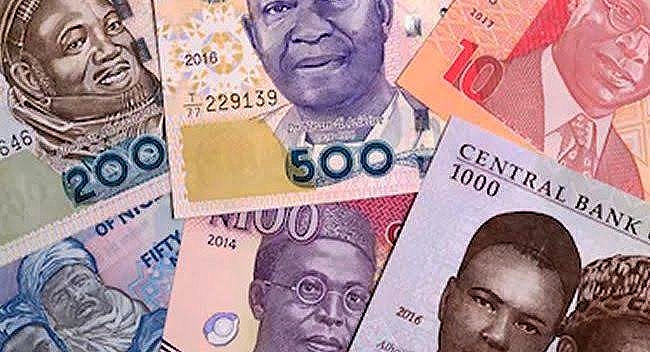By John Ikani
Data from the Central Bank of Nigeria (CBN) has revealed a substantial increase in Currency in Circulation (CIC), amounting to a staggering N1.7 trillion, owing to a surge in cash transactions.
As per the CIC report, the amount of currency in circulation reached N2.7 trillion by the end of August.
The uptick in circulation follows a prior decline to N982.1 billion at the end of February 2023, attributed to the CBN’s naira redesign initiative.
However, following the conclusion of the redesign policy and the return of cash into circulation to promote electronic payments, currency in circulation has shown consistent growth.
To provide context, currency in circulation within the country had experienced a substantial dip of 235.03 percent, plummeting from N3.29 trillion in October 2022 to N982.1 billion by February’s close, primarily due to the CBN’s naira redesign policy.
CBN records indicate that a total of N2.3 trillion was removed from circulation during this period.
The CBN defines currency in circulation as all legal tender currency held by the general public and within the vaults of Deposit Money Banks, excluding currency held within the central bank’s vaults.
The CBN employs an accounting and statistical approach that tracks currency movements on a transaction-by-transaction basis to determine the currency in circulation in Nigeria.
According to the CBN, each withdrawal by a Deposit Money Bank from one of the CBN’s branches results in an increase in CIC, while each deposit made by a Deposit Money Bank at a CBN branch corresponds to a decrease in CIC.
Why this matters
The substantial increase in currency in circulation in Nigeria, amounting to N1.7 trillion, is important for several reasons.
First, it indicates a growing demand for cash transactions. This could be due to a number of factors, such as the lack of access to financial services, the preference for cash among certain segments of the population, or the perceived risks associated with electronic payments.
Second, the increase in currency in circulation could have implications for inflation. A large supply of cash chasing a limited supply of goods and services can lead to higher prices.
Third, the increase in currency in circulation could also have implications for the effectiveness of monetary policy. The central bank uses a variety of tools to manage the money supply, such as interest rates and reserve requirements. However, these tools are less effective when a large portion of the money supply is held in cash.
Overall, the increase in currency in circulation in Nigeria is a trend that should be monitored closely by policymakers. It is important to understand the underlying factors driving this trend and to assess its potential impact on the economy.




































